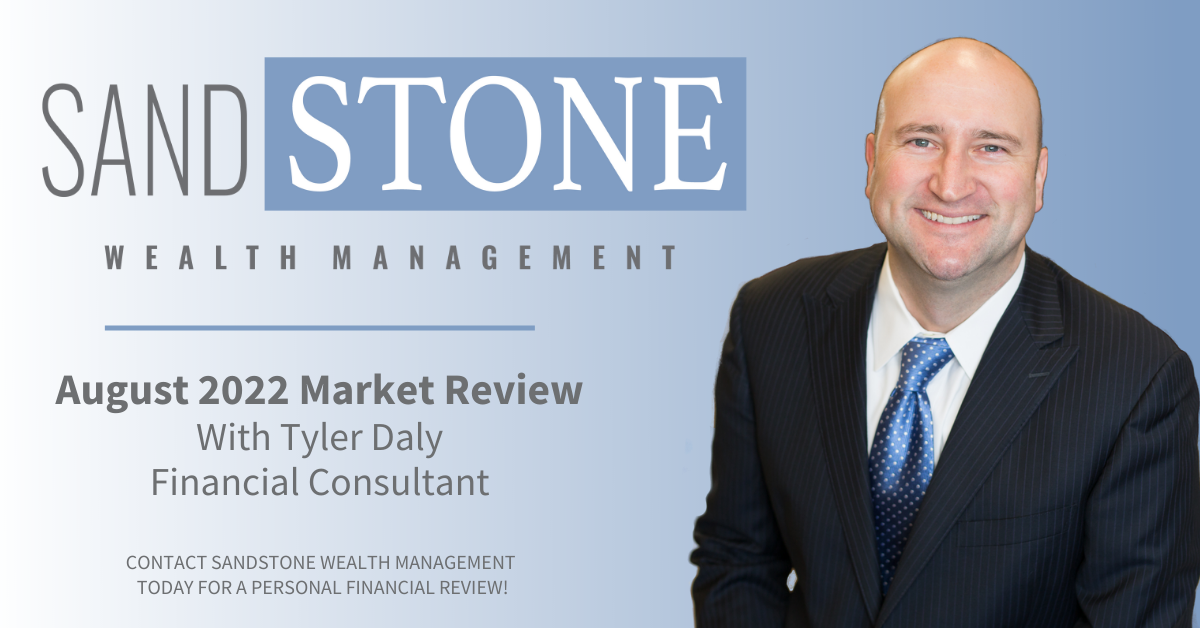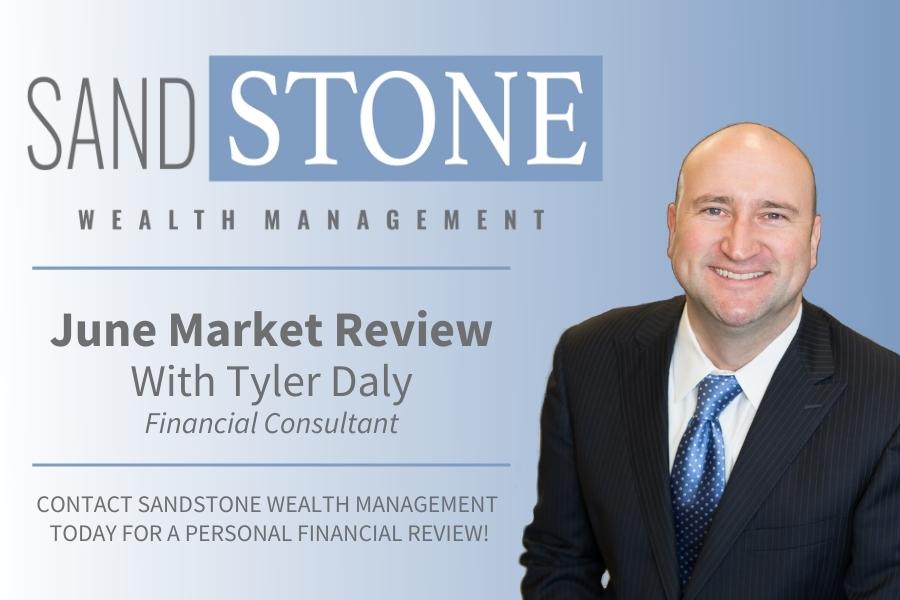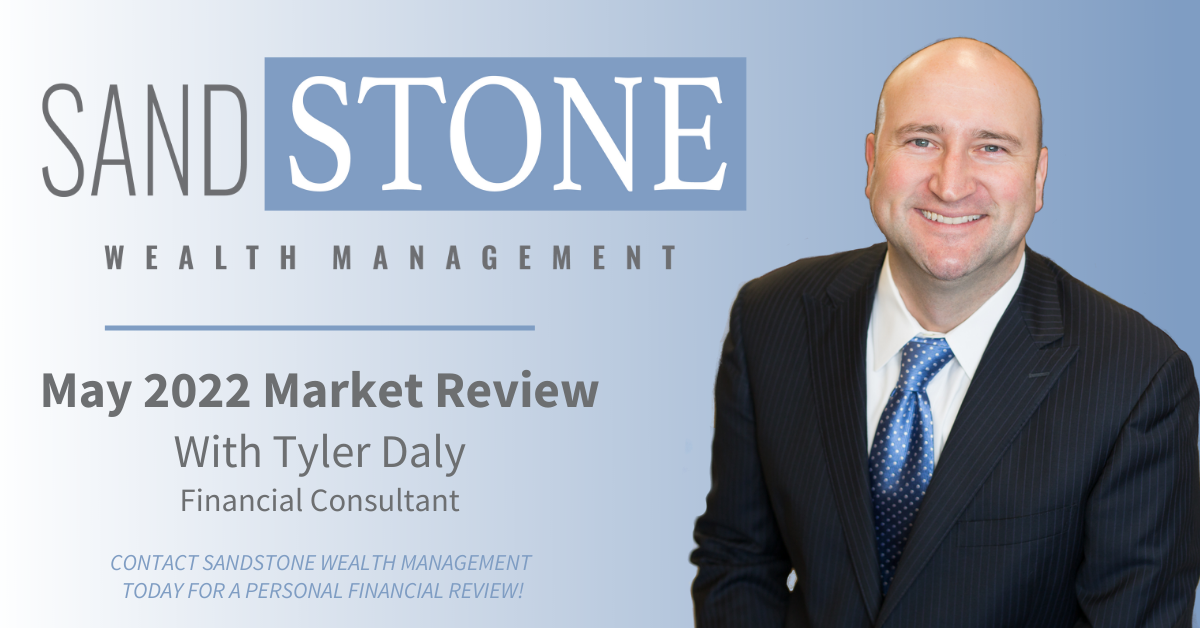
Domestic equities were a mixed bag toward the end of September, but did quite well over the quarter. The Dow Jones Industrial Average is up 9% for the third quarter; the broad-market S&P 500 posted its best quarter in almost five years, up 7.2%; and the NASDAQ is up 7.1%.
Headline news coming out of Washington, D.C., has given investors quite a few things to think about with midterm elections, the Mueller investigation, China trade tariffs and other unknowns, yet some investors have compartmentalized the fluidity of D.C.-related risk and have focused more on the strong underlying fundamentals of the economy and earnings, according to Ed Mills, Raymond James Washington policy analyst. On Friday, the president signed an $853 billion bill to fund the military and domestic programs, averting a partial government shutdown ahead of the midterms and postponing a potential showdown.
“We have long said that, in D.C., nothing is ever as bad as you fear nor as good as you hope,” Mills commented. “We are concerned that the current compartmentalization is underpricing this risk.”
| 12/29/17 Close | 9/28/18 Close | Change | Gain/Loss | |
|---|---|---|---|---|
| DJIA | 24,719.22 | 26,458.31 | +1,739.09 | +7.04% |
| NADSAQ | 6,903.39 | 8,046.35 | +1,142.96 | +16.56% |
| S&P 500 | 2,673.61 | 2,913.98 | +240.37 | +8.99% |
| MSCI EAFE | 2,050.79 | 1,973.60 | -77.19 | -3.76% |
| Russell 2000 | 1,535.51 | 1,696.57 | +161.06 | +10.49% |
| Bloomberg Barclays Aggregate Bond |
2,046.37 | 2,013.24 | -33.13 | -1.62% |
Performance reflects price returns as of 4:30 EDT on September 28, 2018.
Here is a look at what’s happening in the economy and capital markets, as well as key factors we are watching:
Economy
- We got clarification on the reworked NAFTA deal with Canada and Mexico over the weekend. The deal is expected to be completed before deadlines imposed by the expiration of the Mexican president’s term and U.S. law on fast-tracking trade deals, explains Washington Policy Analyst Ed Mills. Attention will now turn to Congress to approve the revised deal. Despite some debate on timing, there is high confidence that it will clear Congress, Mills added.
- The U.S. economy remains in good shape, with moderately strong growth, a tightening job market and moderate inflation, according to Raymond James Chief Economist Scott Brown.
- The current economic expansion, which is the second longest on record, is widely expected to continue into 2019, but the pace of growth is likely to moderate, reflecting job market constraints, tighter (or less accommodative) monetary policy, and a smaller impact from fiscal stimulus (relative to the first half of 2018), Brown added.
- As expected, the Federal Open Market Committee raised short-term interest rates again on September 26, bringing the target range for the federal funds rate to 2% to 2.25%. Another rate increase is expected in mid-December.
- Federal Reserve (Fed) officials raised their forecasts for GDP growth in 2019 and 2020, and expect monetary policy to become restrictive in 2019 and 2020.
- Import tariffs and foreign retaliation (against U.S. exports), while significant in some sectors, should only have a minor impact on overall GDP growth and inflation into early 2019. However, a further deterioration in trade relations remains a downside risk and will likely have important long-term consequences, according to Brown.
- Federal budget deficits are expected to be substantially higher, which ought to put some upward pressure on bond yields at some point.
Equities
- September has been a good month for stocks as earnings continue to come in at a high level, shares Nick Lacy, chief portfolio strategist of Raymond James Asset Management Services.
- Chief Investment Strategist Jeff Saut has been bullish on stocks since October 2008. “Have we recommended rebalancing portfolios, raising cash from time to time, and layering in some downside hedges? Yes, we have, but it has always been within the construct of a secular bull market,” Saut notes.
- While overall conditions remain supportive of a secular bull market, it is worth noting that the tech-heavy NASDAQ, which has routinely led during this bull market, may have limited upside in the near term, explains Raymond James Senior Equity Research Analyst Andrew Adams.
Fixed Income
- As a result of the Fed’s rate increase, the market finally started seeing a rise in bond yields as the 10-year Treasury yield rose above 3%, Lacy said.
- The bond market remains range bound, adds Senior Vice President, Senior Fixed Income Strategist Doug Drabik. Although the Fed remains committed to their announced rate hikes, global interest rate disparity, controlled inflation and continued economic accommodation should keep interest rates from getting out of control, in his view.
- Bond investors can expect the supply of municipals to be constrained through year-end (as it has been throughout the year), with munis and Treasuries resuming historical relative value relationships, explains Ted Ruddock, head of High Net Worth, Fixed Income Services.
- Modest duration adjustments could be appropriate, but no drastic changes would be warranted, in his view. Overall credit conditions remain stable to improving among traditional bellwether issuers.
International
- After the travails of August, September has proven to be calmer for many global markets, despite a lack of progress on key outstanding political and diplomatic issues. International equities broadly performed well, including emerging markets, which have been the worst performing part of the market, Lacy noted.
- A small fade in the value of the dollar against other major global currencies has contributed to the calm despite the imposition of new tariffs by the Trump administration against China, which retaliated in kind, according to European Strategist Chris Bailey.
- Emerging markets were calmer, although an election rally attack on one of the leading Brazilian presidential contenders was noteworthy.
- In Europe, the Brexit debate ran into bumps in the road, although there is still a possibility of an October/November deal. The transitional period will likely be lengthy, which could dampen some of the negative economic impact, Bailey notes.
- Meanwhile, the European Central Bank confirmed its previously circulated timetable to stop the expansion of its balance sheet at the end of this year. The euro zone still looks set to raise interest rates very modestly at some point next year.
Bottom Line
- We encourage clients to measure the success of their financial plans based on steady progress toward their goals, not the short-term vagaries of the markets.
- A well-diversified portfolio should allow you to participate in upside potential here and abroad, as well as serve as ballast against any short-term volatility.
Please let me know if you have any questions about current market events or how to position your long-term financial plan for the months ahead. I look forward to speaking with you.
Sincerely,
Tyler Daly
Financial Advisor
Raymond James Financial Services, Inc.
*Investing involves risk, and investors may incur a profit or a loss. Past performance is not an indication of future results and there is no assurance that any of the forecasts mentioned will occur. Investors cannot invest directly in an index. The Dow Jones Industrial Average is an unmanaged index of 30 widely held stocks. The NASDAQ Composite Index is an unmanaged index of all common stocks listed on the NASDAQ National Stock Market. The S&P 500 is an unmanaged index of 500 widely held stocks. The MSCI EAFE (Europe, Australia, Far East) index is an unmanaged index that is generally considered representative of the international stock market. International investing involves additional risks such as currency fluctuations, differing financial accounting standards, and possible political and economic instability. These risks are greater in emerging markets. The performance noted does not include fees or charges, which would reduce an investor's returns.
©2018 Raymond James Financial Services, Inc., member FINRA/SIPC. Securities offered through Raymond James Financial Services, Inc., member FINRA/SIPC, and are not insured by any financial institution insurance, the FDIC/NCUA or any other government agency, are not deposits or obligations of the financial institution, are not guaranteed by the financial institution, and are subject to risks, including the possible loss of principal. Raymond James is not affiliated with the financial institution or the investment center.

Tyler has been in the financial services industry since 2004 and with Sandstone Wealth Management and Heartland Bank since 2009. He is Series 7, 66 and Insurance licensed to assist his clients with all their investing, financial planning, and insurance needs. Tyler was recently named to the Forbes List of America's Top Next-Generation Wealth Advisor, which recognizes advisors from national, regional, and independent firms. Tyler graduated from the University of Nebraska-Lincoln with a Bachelor’s Degree in Diversified Agriculture and was born and raised in the Nebraska Sandhills. This gives him an intimate knowledge and understanding of his farming and ranching clients. Tyler is married to Rachel, who earned her Doctorate of Pharmacy from the University of Nebraska. They have two children, Camilla and Cooper. Away from business, he enjoys officiating high school basketball in the winter as well as golfing and team roping in the summer.



.png)

.jpg)

.jpg)

.png)



